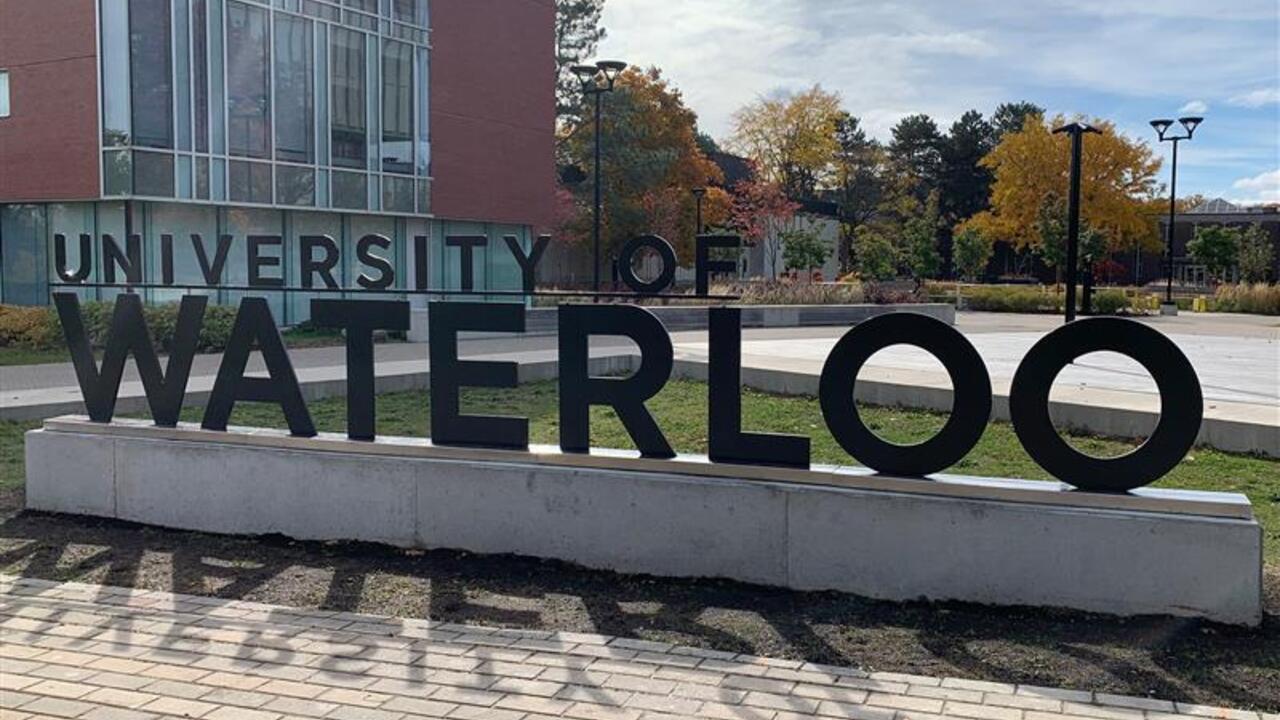
Experts: Latest IPCC report raises concerns about adapting to new climate reality
The Intergovernmental Panel on Climate Change (IPCC) released its latest authoritative scientific report on the global consequences of climate change.

The Intergovernmental Panel on Climate Change (IPCC) released its latest authoritative scientific report on the global consequences of climate change.
By Media RelationsThe Intergovernmental Panel on Climate Change (IPCC) released its latest authoritative scientific report on the global consequences of climate change in Yokahama, Japan today.
The report indicates that changes in climate in recent decades have caused impacts on natural and human systems on all continents and across the oceans. The risks of climate change are going to increase substantially as the climate continues to change in the decades ahead, the report’s authors conclude.
"Nobody on this planet is going to be untouched by the impacts of climate change," said Rajendra Pachauri, chairman of the IPCC. The report says that we are not adequately prepared for risks and opportunities climate change represents for societies, economies and ecosystems around the world. The report is a call for action to adapt to these new realities, both now and for the long-term benefit of society.
Several members of the University of Waterloo’s Interdisciplinary Centre on Climate Change directly contributed to the IPCC report as contributing authors or expert reviewers.
Experts from the University of Waterloo are available to speak about the wide-ranging impacts that a changing climate will have on ecology and society.
Daniel Scott is a contributing author and expert reviewer of the IPCC Working Group II second report and holds the Canada Research Chair in Global Change and Tourism. His recent report on the climate change threat to the Winter Olympics was featured in media all around the world, including Time, the BBC and New York Times.
Sarah Burch is citied in the latest IPCC report and looks at how to prevent and adapt to climate change at the community level, developing strategies motivate decision-makers towards positive environmental change.
Johanna Wandel is cited in the latest IPCC report and looks specifically at the ways climate change affects different segments of our society unevenly, and ways in which we can find the right economic and social balance in an uncertain climate future.
-30-
Pamela Smyth
University of Waterloo
519-888-4777
uwaterloo.ca/news
@UWaterlooNews
Attention broadcasters: Waterloo has facilities to provide broadcast quality audio and video feeds with a double-ender studio. Please contact us for more information.

Read more
Dr. Heather Keller discusses the need to transform mealtimes in Canada’s long-term care homes from a service to a meaningful form of care

Read more
To meet our AI ambitions, we’ll need to lean upon Canada’s unique strengths

Read more
An ambitious research collaboration with Habitat for Humanity is reimagining home ownership across Waterloo Region and Canada
The University of Waterloo acknowledges that much of our work takes place on the traditional territory of the Neutral, Anishinaabeg, and Haudenosaunee peoples. Our main campus is situated on the Haldimand Tract, the land granted to the Six Nations that includes six miles on each side of the Grand River. Our active work toward reconciliation takes place across our campuses through research, learning, teaching, and community building, and is co-ordinated within the Office of Indigenous Relations.